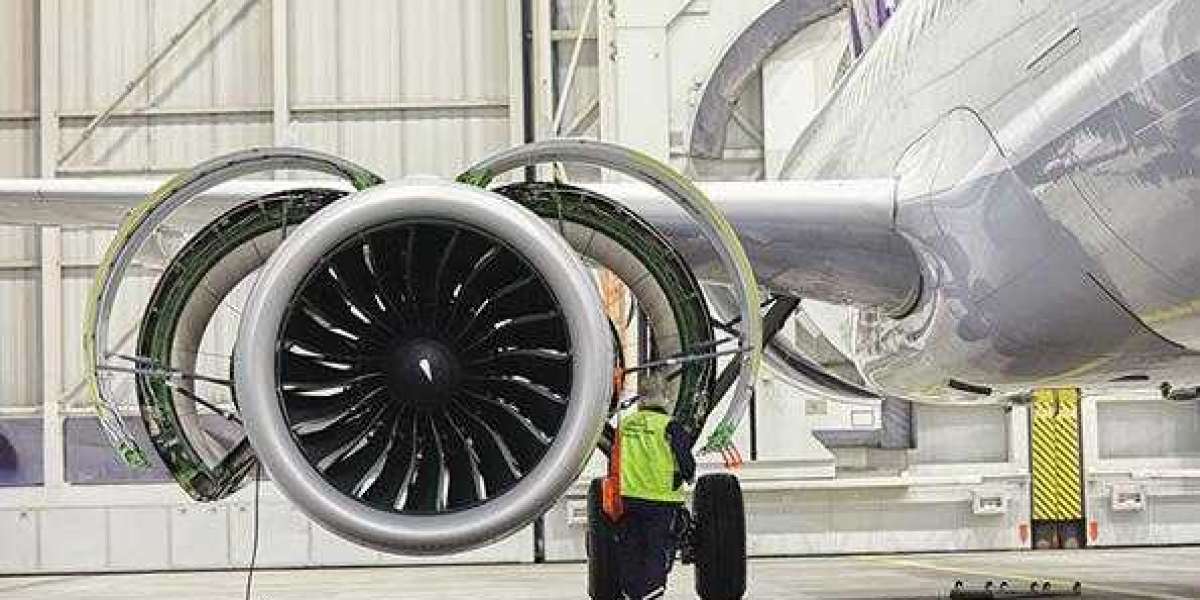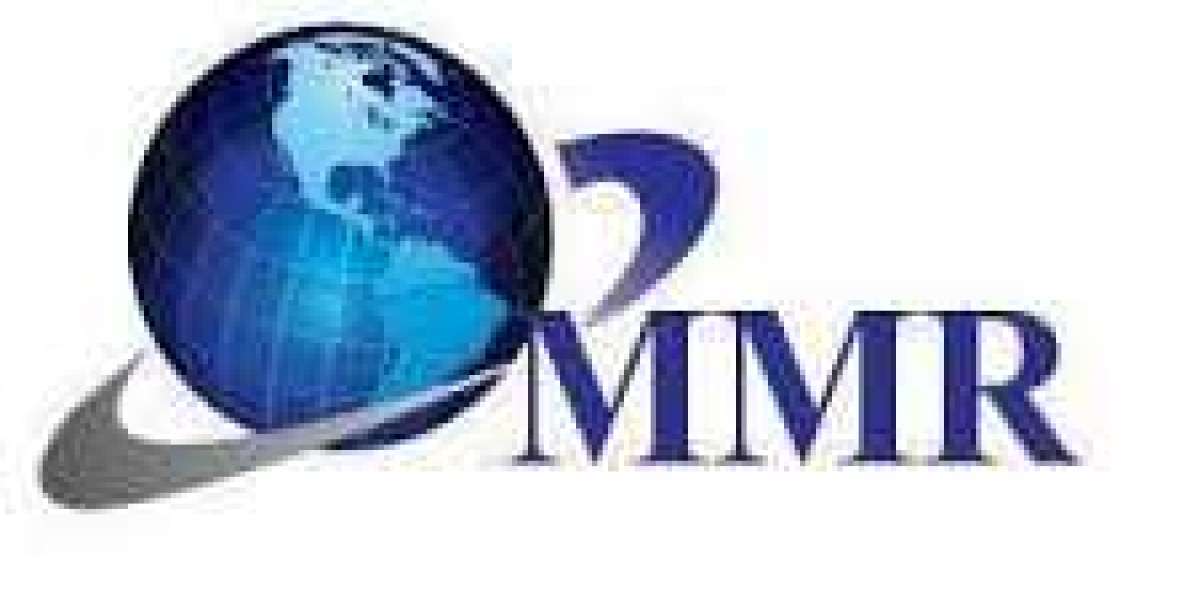By 2033, robotic process automation market is predicted to generate US$ 26.5 billion in sales, up from a market value of US$ 3.2 billion in 2023.
Over the next 10 years, the worldwide robotic process automation industry is expected to grow at an astounding 23.5% CAGR.
Our daily lives are now heavily reliant on digitization, which is expected to significantly increase demand for robotic process automation (RPA) in the future. The need for intelligent process automation is also expected to increase in the future due to the increasing integration of cutting-edge self-learning technologies like deep learning, ML, ML, AI, and MV across a variety of business verticals.
Download a Sample Copy Of Report
Further significant factors that are projected to support market expansion over the next years are the rising popularity of virtual assistants, the use of sophisticated chatbots by businesses to increase productivity and profitability, and the quick uptake of automation technologies by these enterprises. Robotic process automation software sales are expected to increase as a result of the global acceptance of industry 4.0 standards and the growing use of AI in the retail sector.
The largest aluminum manufacturer in India, Vedanta Aluminium, declared in February 2023 that it has automated its commercial operations with robots. The firm became the first metal company to adopt hyper-automation for its complete commercial procedure by working with Crave Infotech to apply intelligent process automation.
Key Companies Profiled
- UiPath
- Automation Anywhere Inc.
- Redwood Software
- NICE
- Blue Prism
- Pegasystems
- Kofax
- KOFAX
- NTT Advanced Technology Corporation
- Genpact Ltd.
- WorkFusion
- EdgeVerve
- IPsoft Inc.
The demand for robotic process automation services is expected to remain strong around the globe as a result of rising expenditures in automation RD and the expanding availability of goods such automated robots and RPA OCR (Optical Character Recognition) solutions. By the conclusion of the projection period, sales of RPA monitoring tools for compliance management, risk management, and cybersecurity are also expected to surge.
On the other hand, it is anticipated that significant upfront costs associated with setting up infrastructure and hiring qualified personnel to manage the operations would eventually significantly impede the demand for robotic process automation. Robotic process automation service providers will face further obstacles until 2033, including a shortage of qualified personnel, problems with flexibility, and the growing complexity of intelligent process automation technology.
Automation-Driven Digital Transformation: The Hot Topic for Start-Ups
Globally, there is a rapid digitalization trend in every aspect of life, which has made the landscape extremely favorable for new robotic process automation providers and automation start-ups. Prospective robotic process automation firms are expected to concentrate on obtaining fresh funding in order to expand their services and maximize their commercial potential in order to contend with existing market participants in the future.
Automating Robotic Processes to Enhance Sustainability and Open Up New Market Opportunities
The trend of sustainability has become a big and powerful factor that shapes worldwide market trends. It has also had a substantial impact on market growth prospects in Europe. The governments of several European countries are anticipated to enact strict legislation to guarantee sustainability and protect the environment, which will increase demand for robotic process automation services and solutions.
Over the course of the projection year, Germany and the United Kingdom are anticipated to emerge as favorable markets in this area. It is also anticipated that the region's strong automobile manufacturing sector would increase demand for robotic welding automation and present process automation suppliers with promising future development opportunities.
Competitive Landscape
Leading providers of robotic process automation are concentrating on growing their product lines by introducing new automation technology and services.
- A well-known brand in the digital transformation space, Newgen Software, announced the release of their new integrated RPA product in September 2022. The firm has improved its low-code process automation and development capabilities with this new robotic process automation service, enabling it to better support its clients in achieving end-to-end process automation.
- Network engineers and operators may now more easily orchestrate several automated operations into a single workflow with the aid of a new product called Network Robotic Process Automation (RPA), which was released in April 2022 by Gluware, a reputable automation supplier.
Leading providers of robotic process automation are also utilizing tactics like joint ventures, mergers, acquisitions, and alliances to expand their commercial prospects and obtain a competitive edge over rivals in the industry.
Robotic Process Automation Industry Research Segmentation
- By Type :
- Software
- Services
- By Service :
- Consulting
- Implementation
- Training
- By Organization Size :
- Large Enterprises
- SMEs
- By Deployment :
- Cloud
- On-Premise
- By Application :
- BFSI
- Manufacturing
- Pharma Healthcare
- Retail
- Telecom IT
- Others
- By Region :
- North America
- Latin America
- Europe
- APAC
- MEA
This expansion highlights the increasing adoption and integration of RPA solutions across various industries to streamline operations, reduce costs, and enhance efficiency. As businesses continue to recognize the transformative potential of automation, the RPA market is poised to play a crucial role in driving digital transformation and operational excellence in the coming decade.
FAQ:
Which companies are leading providers of robotic process automation?
Blue Prism, Pegasystems, Kofax, NTT Advanced Technology Corporation, and Genpact Ltd. are key companies operating in the market.
Which region holds the largest market share?
North America accounts for more than 50% share of the global market.
What is the projected growth rate of the robotic process automation market?
From 2023 to 2033, the market for robotic process automation is predicted to surge at 23.5% CAGR.


